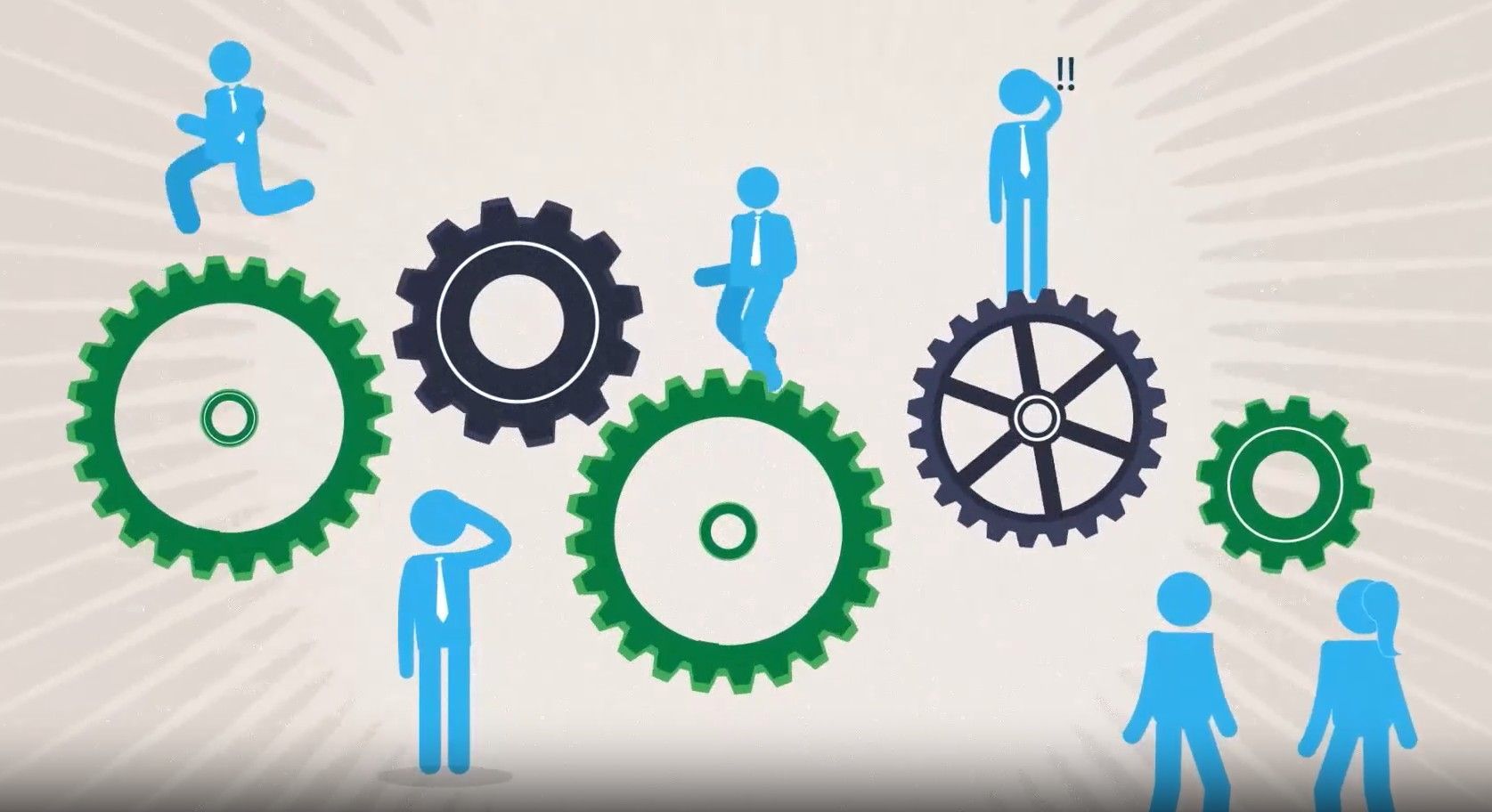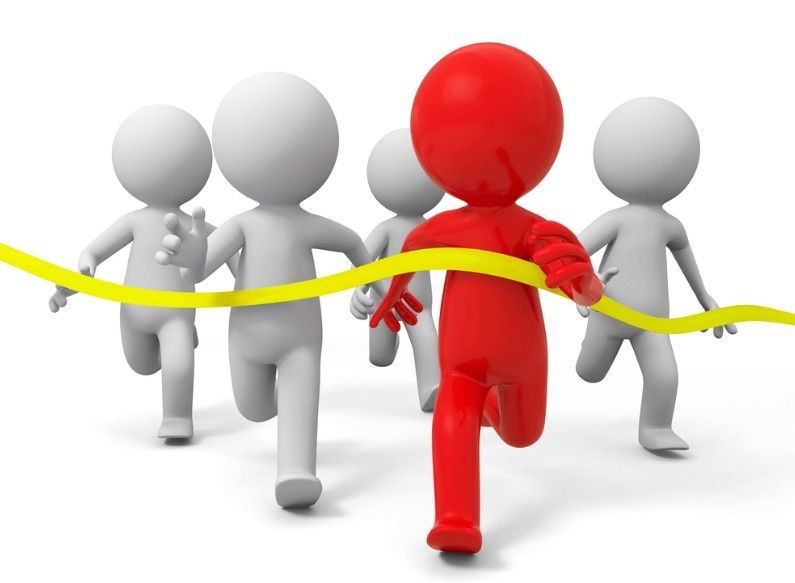Is ADHD Affecting Your Sales Results?
October 15, 2025
Recently, I was training a group of salespeople and professionals in consultative selling and developing customized sales processes for each of them. Somehow, the topic of ADHD came up and knowing smiles appeared around the room-at least, among the sales reps. We’ve heard from time to time, and you might have too, that “many” salespeople have ADHD and are perhaps even better off for it.
Is that really true? Are individuals with ADHD more likely to choose sales as a profession over others?
“Salespeople with ADHD can be excited by new meetings and networking,” explains Dale Davison, an executive coach in Wilmette, Illinois, who specializes in adults with ADHD ( www.dale-davison.com ). “They are good at starting conversations and building that initial relationship-they’re charming, outgoing, and genuinely interested in whoever they’re talking to.”
Once it’s time to “buckle down,” however, “they may lose interest or not know how to organize to follow up,” Davison says. “They may know their product inside and out but have so many ideas that they find it tough to limit their thoughts and organize presentations.”
Here are a couple of examples from my experience, and I wonder whether these reps were dealing with ADHD.
A sales person from Los Angeles I coached was really struggling, making virtually no sales even though he met with 18 convenience store managers almost every day. My assessment was that moving so quickly from store to store prevented him from focusing long enough on a single prospect to deliver value and set the stage for a sale. I suggested no more than four meetings each day, at least until he became much more effective. We then worked on a customized sales process to make those longer meetings more productive.
Another client travels from industry conference to industry conference making some terrific contacts, practically choking the top of the sales funnel with leads. Unfortunately, he rarely sticks to a follow-up process long enough to make a sale. The several reasons he offers for his poor follow-up do make some sense. But might his real problem be ADHD?
ADHD is short for Attention-Deficit/Hyperactivity Disorder , and it’s generally associated with kids struggling in school because they can’t concentrate or sit still. But about 9 million of 234 million adult Americans, or four percent, are thought to be affected by ADHD, according to the American Deficit Disorder Association ( www.add.org ). And about 80 percent of adults who experienced ADHD as children also experience it as adults. Our research didn’t turn up any studies on salespeople or, for that matter, any other type of worker. It’s generally believed, however, that the percentage of salespeople with ADHD could be double that of the general population.
Is it possible to tell whether a colleague or, if you’re a sales manager, a rep, is dealing with ADHD? Unfortunately, simple observation won’t do it. Diagnosis is more complex and occurs via interviews by mental health professionals and relatively expensive tests for which, happily enough, insurance might well pay.
But here are a few behaviors that might indicate ADHD, especially if they affect on-the-job performance. Are you or any of your sales colleagues . . .
- Easily distracted?
- Find prioritizing tasks or managing time difficult?
- Energetic but disorganized?
- Restless (Unable to sit behind a desk all day)?
- Great at pushing leads into the top of the funnel but not at pulling them out as sales at the end?
The first four behaviors are characteristic of people with ADHD. The last, which comprises several symptoms of ADHD, can be characteristic of salespeople: Energetic up front but poor at following through, hanging in there for the long term, keeping track of “boring” paperwork, or too much top-of-the funnel activity and too little in the middle where the money is made.
Keep in mind, as executive coach Davison is quick to point out, that we’re talking generalities here. Not everyone who exhibits ADHD-like behaviors in fact has ADHD. And many salespeople don’t show any of those tendencies.
The good news about ADHD and sales comes in three parts.
Part 1: Sales can be a productive profession for people with ADHD. They can experience great success, especially if they recognize their condition and take steps to make it work for them instead of against them. Without coaching, though, the odds for success are reduced, unless a co-worker or administrative assistant is bringing discipline to the process and helping them stay on track.
Part 2: Coaching to treat ADHD is available and works because it helps individuals turn around counterproductive behaviors and habits. Medication can also be useful. (Be sure to see a physician trained and experienced in prescribing this kind of medication.)
Professionals in the field help salespeople to create “productive strategies” to improve their success. That’s our goal as well, so we are trying to get the word out. If you think that ADHD is getting in the way of your success, or that of a member of your sales team, don’t hesitate to contact a trained coach.
Part 3: The advice and techniques used to treat ADHD in adults are in fact helpful to anyone who needs to prioritize, organize, manage their time, or get things done more efficiently. And that covers just about everybody.
Here is what the right coaching can do for salespeople with ADHD-and anyone else who struggles with similar challenges. Effective coaching can:
- Provide positive, strength-based guidance to implement effective and focused strategies
- Advance the success of salespeople with time management, task completion, and other attention related challenges.
- Develop realistic goals, identify roadblocks, and then create strategies and support that motivate but also require accountability.
- Offer guidance and support for individuals who become overwhelmed with work, life, and getting things done.
- Help sales reps with great ideas who become easily bored and, losing interest in projects, fail to complete them.
Although we don’t coach people in connection with ADHD, please feel free to contact us. We can point you in the right direction, at least, and we do know that our customized sales process, FOCIS®, can be extremely valuable for any business-to-business salesperson. It sets direction and provides a path to follow when the going gets tough. We can’t help but think that FOCIS® training might be especially valuable for salespeople with ADHD.
If you’d like to learn more, please give us call at 847-446-0008.
The post Is ADHD Affecting Your Sales Results? appeared first on Productive Strategies, Inc..










